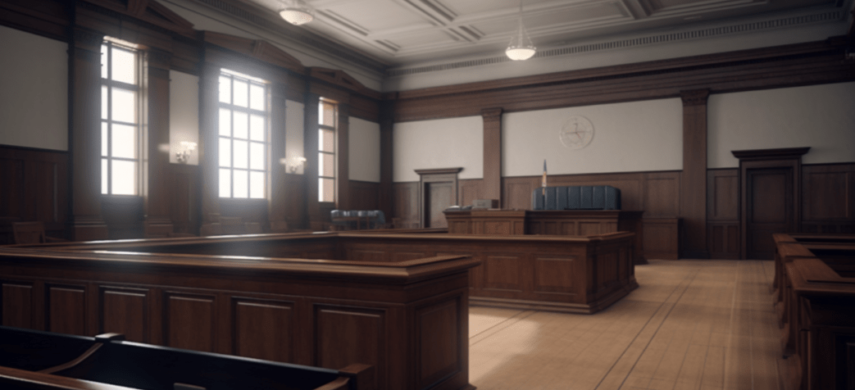
Updated:6/2/23
When you receive an order strike notice for trial, it means that the trial that was scheduled has been postponed. This usually occurs when one of the parties involved in the court action files a motion to get the trail date re-scheduled or delayed for some reason. It’s an order that is common in foreclosure cases, domestic and custody cases as well as other criminal and civil proceedings. If you are not already represented by a qualified and experienced attorney who specializes in real estate and foreclosures, you should consider consulting one. Legal terms can be confusing and overwhelming on their own, and they often have specific and nuanced meanings depending on your particular circumstances and the type of case you are involved with.
Understanding an Order Strike Notice for Trial
An Order Strike Notice for Trial is typically issued when one of the parties involved in a court action files a motion to reschedule or delay the trial. This could be due to a variety of reasons, such as needing more time to gather evidence or due to unforeseen circumstances that prevent them from being ready for the trial on the scheduled date.
This type of order is common in a range of cases, including foreclosure cases, domestic and custody cases, as well as other criminal and civil proceedings. It’s a procedural tool that ensures all parties have adequate time to prepare for the trial.
The Importance of Legal Representation
Navigating the legal landscape can be challenging, especially when dealing with complex cases such as real estate and foreclosures. Legal terms can be confusing and often carry specific meanings depending on your particular circumstances and the type of case you are involved with.
This is why it’s crucial to have a qualified and experienced attorney by your side. They can help you understand these terms, guide you through the process, and represent your interests effectively.
Reasons for an Order Strike Notice
While an Order Strike Notice for Trial is often the result of a motion filed by a plaintiff or defendant, there are instances where the judge might issue the notice independently. This usually happens when a case is considered not ready for trial.
For example, if there is a disruption between the discovery phase and the actual court trial, the court might decide to postpone the trial. This could also happen if new evidence is discovered that might significantly impact the case, or if one side unexpectedly loses their legal counsel.
Next Steps After Receiving an Order Strike Notice
If you receive an Order Strike Notice for a trial you were expecting to start, it’s important to consult with your attorney or contact the clerk of the court for further explanation. This order will impact the timing of your case and other related details, which can be frustrating if you were expecting a swift resolution.
The opinions in this post are solely those of the author. The author takes full responsibility for the content. Like all blog posts, this is offered for general information purposes and does not constitute legal advice.







